Sometimes we overlook the simple pleasures we took for granted as kids.
Remember when you could sit down and play the piano, relax and enjoy music for awhile with nothing else to do? Then work and family priorities set in, and with a million things on your plate, the goal of creating music slipped by the wayside
Its easier than you think to pick up piano once again.
Start Slowly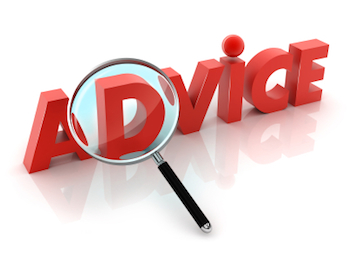
No matter how much playing you did years ago, this is a new venture at this point in your life. Create small goals that are doable, rather than jumping in full force.
Start with a piano; do you have a quality piano to play? If you still own the same piano, yet its been tucked into a corner of your home for years without a second glance, it may need a little refurbishing to get it into quality playing condition. A simply tuning may not be enough, but it’s the best place to start. Work with a reputable piano tuning and restoration company to find out the current quality of your piano, and what it will take to bring it back to working order.
Then set aside a little time every day to practice and play. Your hands, your arms, even your entire body has to adjust to this new activity. Its easier to spend 20 minutes a day getting back into the swing of things than to sit down for several hours of frustration when you simply can’t find the notes the same way you once did.
Practice is what brought you to success the first time; its no different today. Your skills will come back quickly if you enjoy the process along the way.
Change With The Times
If you haven’t played in a long time, things have changed in many ways over the years. Your body has changed, and the way you deal with aches and pains. Likewise, piano technology and the way we approach the piano has changed over time as well.
This may be the time to work with a professional for a few lessons to get back on track the right way. If you are now used to sitting at the computer all day, how will this transfer over to the way you sit at the piano? You many need adjustment and refinement to make sure you are playing comfortably and in a way you won’t further injure yourself down the road. Are you doing all you can to be the best you can be? A few lessons can put you on the right track once again. When an instructor has experience with adults, they can make suggestions on how to keep up with the physical side of playing piano as well.
Structure Your Sessions
Twenty minutes of structured playing will do more for you overall than randomly playing pieces you like and ignoring errors you make or improvements to your overall ability. Start with warm ups, and ease your fingers and your hands back into playing mode. Play something you know well, for pure enjoyment. Give yourself a challenge; work towards something new.
By creating a plan and including all three structures into your practice section – warm ups, mastering something new, playing for enjoyment – you’re sessions will become fun instead of chore.
The key is to have fun, and enjoy playing the piano once more.

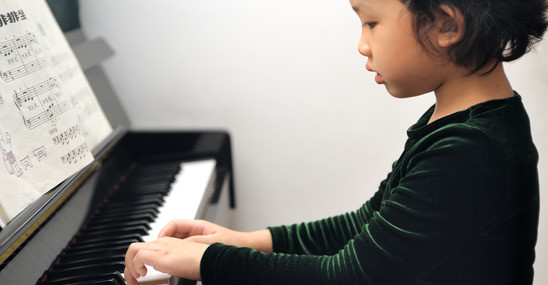
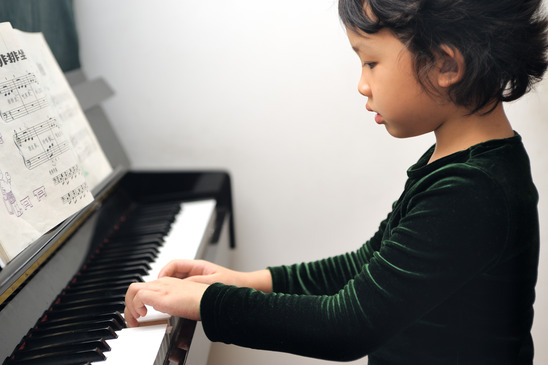



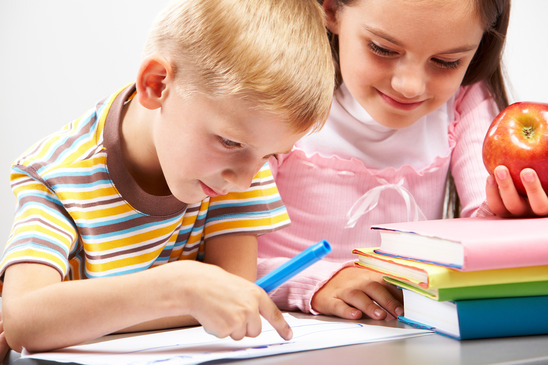

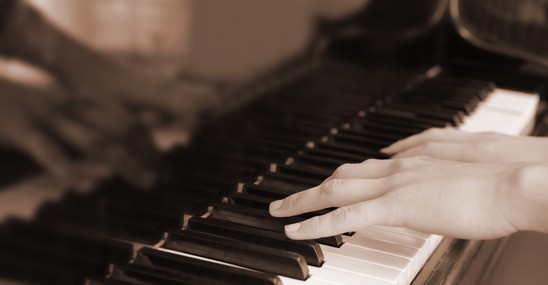
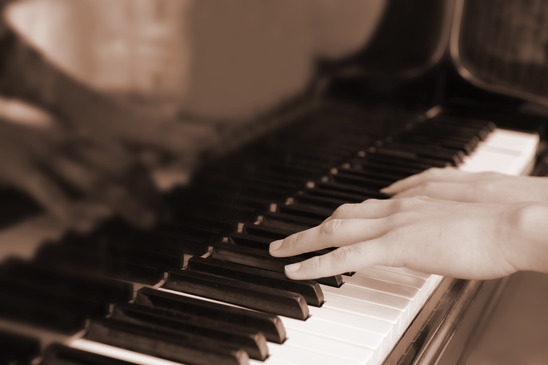 But if your hand injury comes from piano playing – and ideally you should practice regularly in a consistent way that doesn’t lead to injury – the first thing to deal with is the how.
But if your hand injury comes from piano playing – and ideally you should practice regularly in a consistent way that doesn’t lead to injury – the first thing to deal with is the how.
 Piano playing can improve focus. We have all heard the phrase: “Practice makes perfect.” That much practice requires focus and commitment. If your child is going to excel at playing the piano, they will also become much better at channeling their attention, they will learn to build their focus.
Piano playing can improve focus. We have all heard the phrase: “Practice makes perfect.” That much practice requires focus and commitment. If your child is going to excel at playing the piano, they will also become much better at channeling their attention, they will learn to build their focus.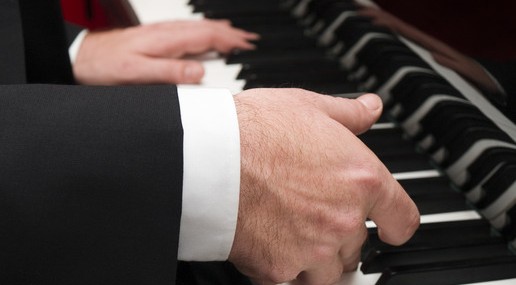
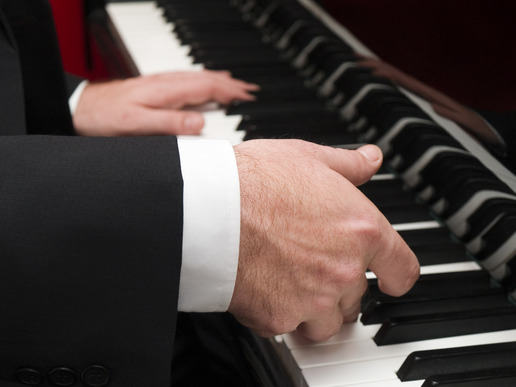 If piano playing was at the top of your New Year’s resolution list this year, and you want to give yourself the best chance possible of succeeding, keep these tips in mind.
If piano playing was at the top of your New Year’s resolution list this year, and you want to give yourself the best chance possible of succeeding, keep these tips in mind.
